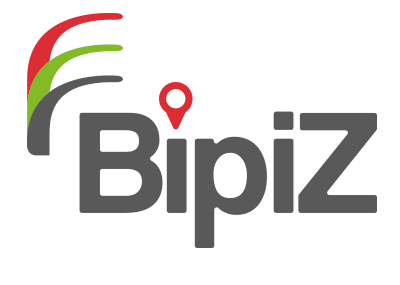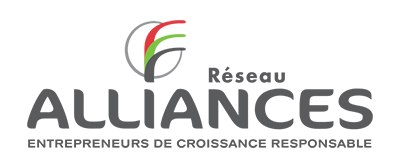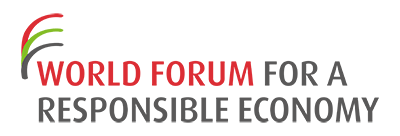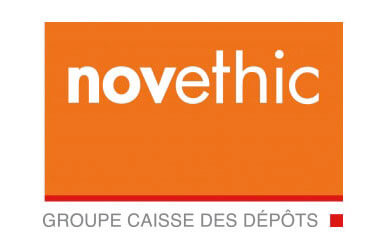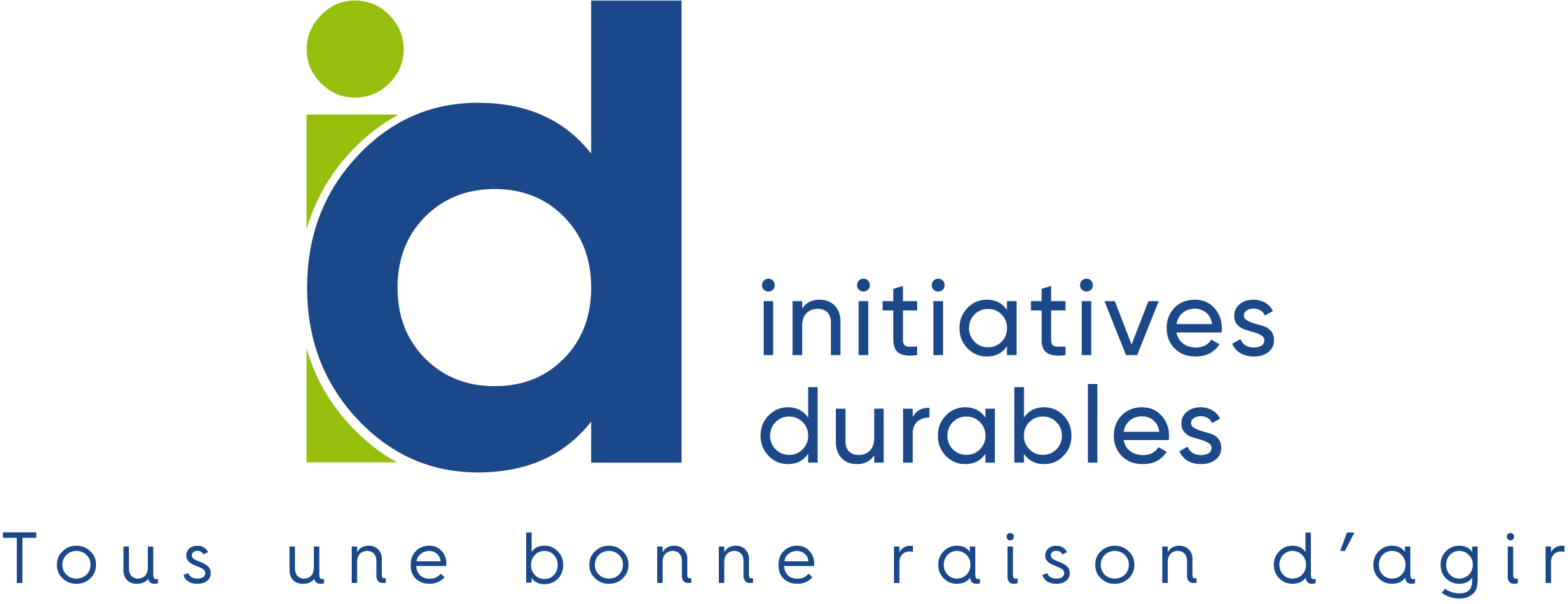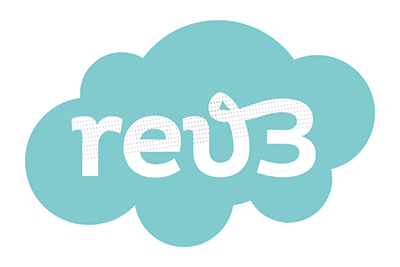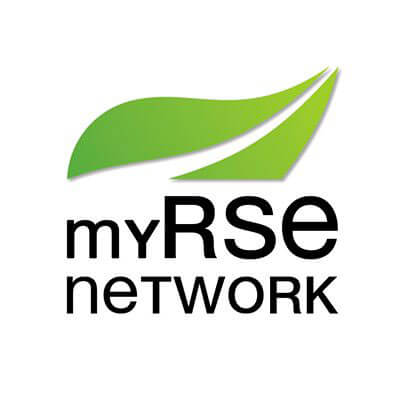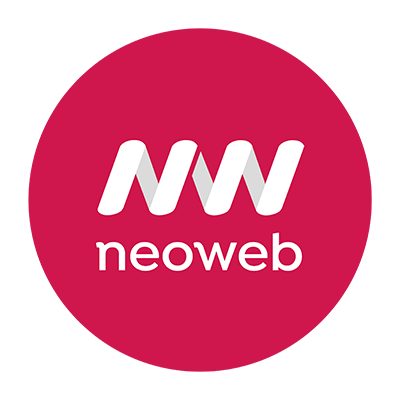Founded in Amsterdam over 150 years ago, HEINEKEN now has an operation in France employing some 1,300 with three breweries in Mons-en-Barœul (department 59), Marseille (13) and Schiltigheim (67). In 2009, HEINEKEN became France's first brewer to publish a Sustainable Development report, this one focusing on its 6-point approach entitled "Brewing a Better World!":
6 keys to the approach:
Protecting water resources; reducing CO2 emissions; practicing responsible procurement; promoting responsible alcohol consumption; providing for employee health and safety; and committing to joint action.


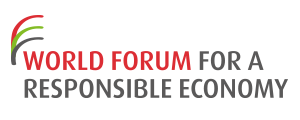
Context
Objectives
- Reducing the CO2 emissions associated with packaging (which account for over half the Carbon Footprint).
- Improving the quality perceived by consumers.
- Convincing suppliers to adopt its CSR approach.
APPROACH
Once a new packaging design is launched, a full-blown life cycle analysis is conducted. This analysis serves to compare environmental impacts between the former and the new packaging, in addition to assessing the environmental impact of the latest packaging design with respect to various criteria (e.g. CO2 emissions, recyclability, depletion of natural resources).
Another aspect of the green design process pertains to limiting packaging at the source: this strategy entails producing glass bottles, metal cans and cardboard that are more lightweight and require less raw materials, while maintaining their efficiency and positive feedback from consumers.
2010-2011: Lighter weight in the main packaging formats (25 cl, 33 cl and 65 cl bottles) associated with the Heineken® brand, which remains the top beer brand sold in France across all categories of supermarkets: 10% less weight on average for all 3 formats.
2012-2013: Lighter weight for the 33-cl Desperados® bottle (second leading seller in volume terms): 20% less weight. This new bottle was then introduced abroad on the Brazilian, Vietnamese and American markets.
2014-2015: Optimization of adhesive plastic labels in order to guarantee the quality of recycled glass. This effort, carried out in conjunction and in cooperation with CETIE (International Center of Packaging Techniques) and label and glue suppliers, has enabled innovating and improving the recyclability of adhesive labels while respecting their utility.
France served as a pilot market. This new solution is currently being studied by HEINEKEN International for more widespread international market penetration.
This "green packaging" project is the fruit of bona fide cooperation in-house between the purchasing, marketing, packaging and brewery teams, as well as with suppliers.
CONTRIBUTION TO COMPANY PERFORMANCE
- Reduction in the costs (after investment depreciation) required to adapt the company's packaging lines (material savings and fuel savings in logistics operations).
- Improvement of quality perceived by consumers = stronger brand image.
- Collaboration with packaging suppliers.
Benefits
- Every year, thanks to the lighter weight bottles, 10,000 tons of CO2 are avoided and 12,000 tons of glass saved.
- The new adhesive labels ensure better glass recyclability by virtue of a perfect separation between the materials.
- Workforce
- 1300 salariés (2014)
- Turnover
- 943 M€ (2014)
- Country
- France
Contact
Véronique Rondel, Responsable Développement Durable HEINEKEN France, 01 47 14 47 08, This email address is being protected from spambots. You need JavaScript enabled to view it.
